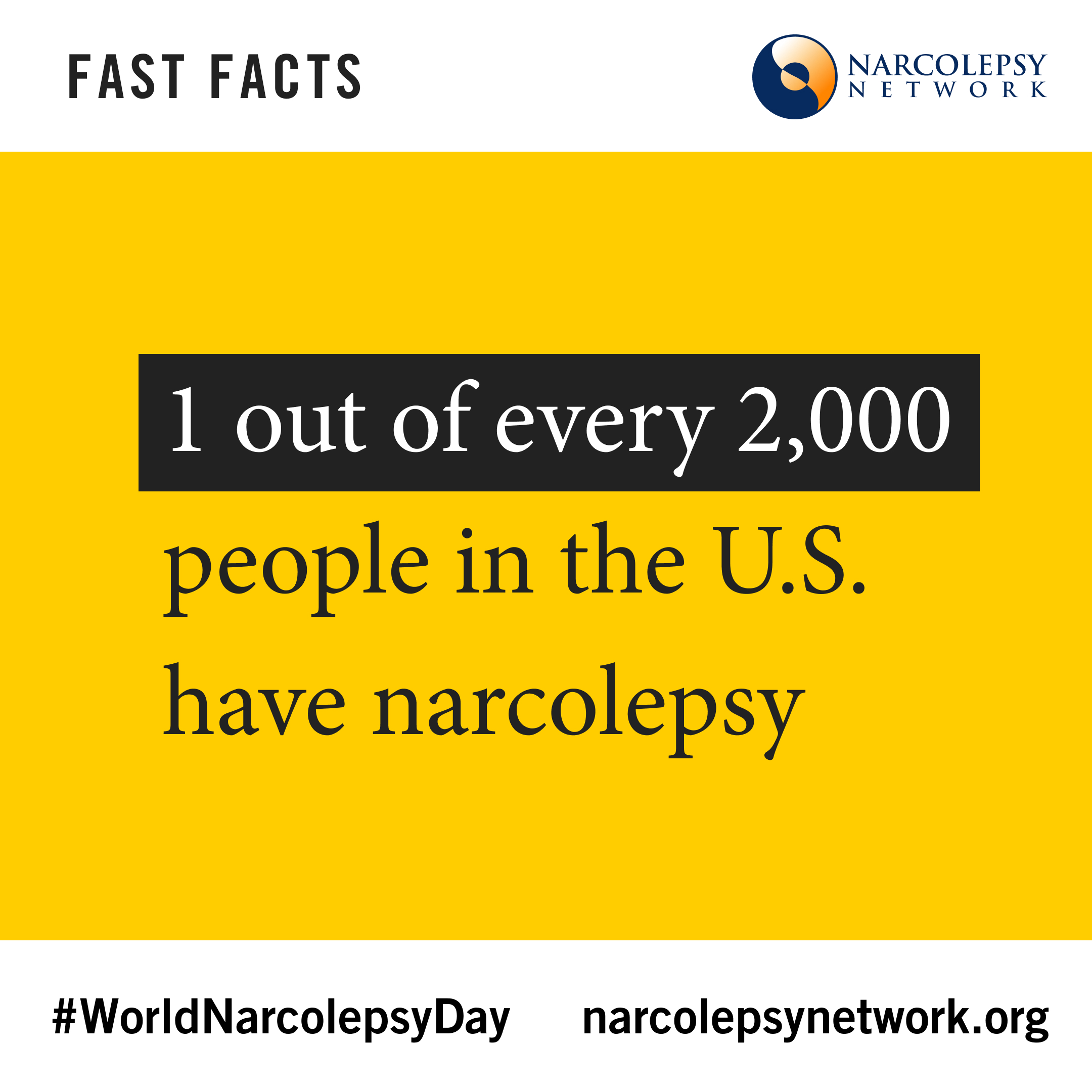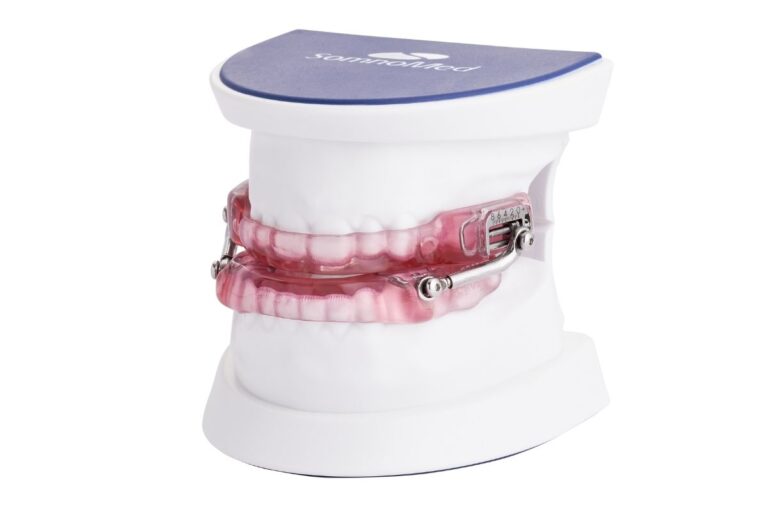Understanding Narcolepsy
Understanding Narcolepsy: Insights and Support for World Narcolepsy Day
Today, on World Narcolepsy Day, we at the Comprehensive Sleep Care Center want to shed light on this often misunderstood sleep disorder. Narcolepsy affects about 1 in 2,000 people globally, yet it remains largely underdiagnosed and misunderstood. Our goal is to provide a clearer understanding of narcolepsy, support those living with it, and promote awareness of this complex condition.
What is Narcolepsy?
Narcolepsy is a chronic neurological disorder that affects the brain’s ability to regulate sleep-wake cycles. Individuals with narcolepsy may experience excessive daytime sleepiness (EDS), sudden loss of muscle tone (cataplexy), sleep paralysis, and vivid hallucinations during sleep-wake transitions. These symptoms can significantly impact daily life, making simple tasks challenging and affecting overall quality of life.
Symptoms of Narcolepsy
- Excessive Daytime Sleepiness (EDS): Persistent and overwhelming sleepiness during the day, often leading to sudden sleep attacks.
- Cataplexy: A sudden, brief loss of muscle control, often triggered by strong emotions like laughter or surprise.
- Sleep Paralysis: A temporary inability to move or speak while falling asleep or waking up.
- Hallucinations: Vivid, often frightening, visual or auditory hallucinations that occur as one is falling asleep or waking up.
- Disturbed Nighttime Sleep: Frequent awakenings during the night, often resulting in poor sleep quality.
The Impact of Narcolepsy on Daily Life
Living with narcolepsy can be challenging. The symptoms can interfere with work, education, relationships, and overall well-being. Many people with narcolepsy experience difficulty concentrating, memory problems, and feelings of isolation. The unpredictable nature of the disorder can lead to anxiety and depression, further complicating the lives of those affected.
Diagnosing Narcolepsy
Diagnosis of narcolepsy often involves a detailed sleep history, sleep studies like polysomnography (PSG), and the Multiple Sleep Latency Test (MSLT) or daytime nap study. These tests help to measure how quickly someone falls asleep in a quiet environment during the day and whether they enter REM sleep shortly after falling asleep, which is characteristic of narcolepsy.
Treatment and Management
While there is no cure for narcolepsy, treatment options are available to manage symptoms and improve quality of life. These may include:
- Medications: Stimulants to reduce daytime sleepiness, antidepressants to manage cataplexy, and sodium oxybate to improve sleep quality.
- Lifestyle Adjustments: Scheduled naps, regular exercise, and a healthy diet can help manage symptoms.
- Support Networks: Connecting with support groups, counseling, and patient advocacy organizations can provide emotional and practical support.
Raising Awareness and Offering Support
World Narcolepsy Day is an opportunity to raise awareness and advocate for those living with narcolepsy. By educating ourselves and others, we can help reduce the stigma and misunderstanding surrounding this condition.
At Comprehensive Sleep Care Center, we are committed to providing comprehensive care and support for those affected by narcolepsy. Our team of sleep specialists is here to guide you through the diagnosis, treatment, and management of narcolepsy, helping you regain control over your sleep and your life.
If you or a loved one are experiencing symptoms of narcolepsy, don’t hesitate to reach out. Let’s work together to bring awareness to narcolepsy and support those who live with it every day.
Contact Us:
Phone: 703-729-3420
Email: [email protected]
Website: https://comprehensivesleepcare.com
Follow Us on Social Media:
Facebook: https://www.facebook.com/ComprehensiveSleepCare
Instagram: https://www.instagram.com/compsleepcare/
LinkedIn: https://www.linkedin.com/company/comprehensive-sleep-care-center
Together, we can make a difference on World Narcolepsy Day!


